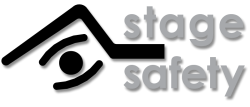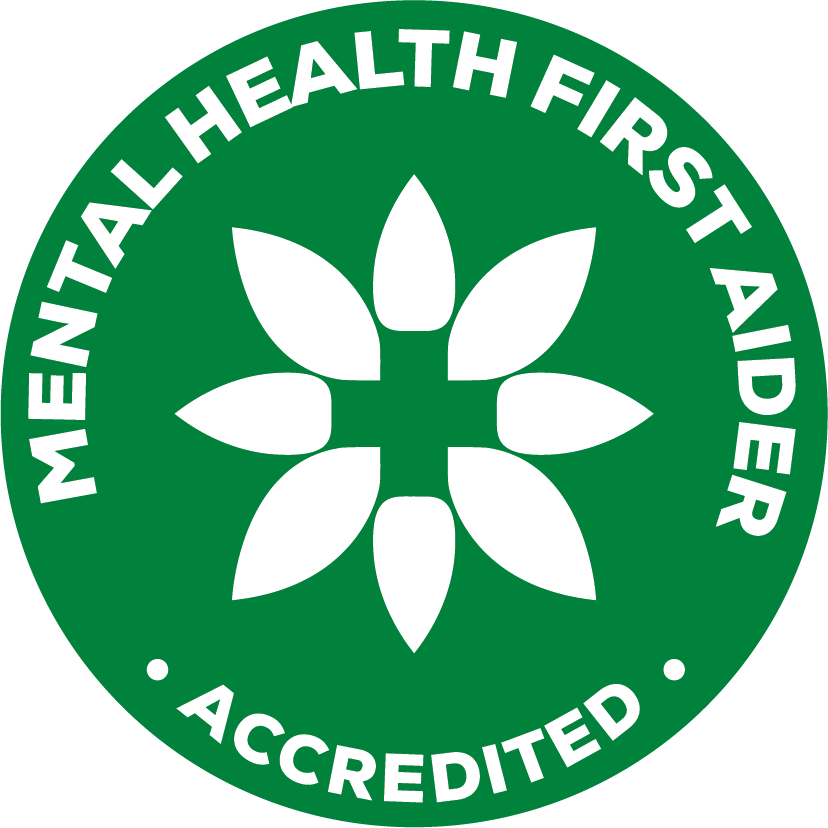

| How can we help? |
|
Why have an WHS Management Plan?
What are the benefits?
A well balanced and carefully put together WHS Management Plan clarifies the company position on Health and Safety in the workplace. There are many benefits:
- Explains workers how the job can be done safely
- Will improve efficiencies in the workplace as there are clear guidelines
- Shows your clients and others in the workplace you take safety serious
- Put you in a stronger position if there is an investigation by a regulator.
The last part of the statement refers to WHS legislation. Employers have certain legislative obligations under the Act, a general duty to protect the health and safety of their employees at work.
19 Primary duty of care
(1) A person conducting a business or undertaking must ensure, so far as is reasonably practicable, the health and safety of:
(a) workers engaged, or caused to be engaged by the person, and
(b) workers whose activities in carrying out work are influenced or directed by the person, while the workers are at work in the business or undertaking.
(2) A person conducting a business or undertaking must ensure, so far as is reasonably practicable, that the health and safety of other persons is not put at risk from work carried out as part of the conduct of the business or undertaking.
(3) Without limiting subsections (1) and (2), a person conducting a business or undertaking must ensure, so far as is reasonably practicable:
(a) the provision and maintenance of a work environment without risks to health and safety, and
(b) the provision and maintenance of safe plant and structures, and
(c) the provision and maintenance of safe systems of work, and
(d) the safe use, handling, and storage of plant, structures and substances, and
(e) the provision of adequate facilities for the welfare at work of workers in carrying out work for the business or undertaking, including ensuring access to those facilities, and
(f) the provision of any information, training, instruction or supervision that is necessary to protect all persons from risks to their health and safety arising from work carried out as part of the conduct of the business or undertaking, and
(g) that the health of workers and the conditions at the workplace are monitored for the purpose of preventing illness or injury of workers arising from the conduct of the business or undertaking.
An effective OHS Management System will assist the employer to achieve the obligations shown above.
How do I get one of these?
If you are just after some 'arse-covering' documents then there are many packages available that will do just that but not much more. We can't help you with those.
But if you are serious about improving workplace safety and willing to spend some time and money, then we can certainly help you.
The starting point for a working WHS Management Plan is that it must integrate within your existing work practises. If it remains something that sits on top of your normal work, it becomes an annoyance after a while and will be quickly forgotten.
But if it fits in with your daily routines, it becomes part of the job and is working with you rather than against you. To get to that point, we will spend much time with you and your staff to listen how you normally work. Much of it will be fine but if there are any problems, we will work with you to find a suitable solution that satisfies both your needs and the current legislation.
Sensible risk management
Sensible risk management is about:
- Making sure all potential risks are identified
- Focus on reducing real risks – both those which arise more often and those with serious consequences
- Encourage innovation and learning not stifling them
- Ensuring that those exposed to risk understand the consequences if not taken seriously
- Understand that as well as the right to protection, people also have to exercise responsibility
Sensible risk management is not about:
- Aiming for a totally risk free environment
- Generating mountains of useless paperwork
- Scaring people by exaggerating trivial risks and ignoring real risks
- Stopping important recreational and learning activities for individuals where the risks are managed
- Reducing protection of people from risks that cause real harm and suffering
Sensible WHS Systems
The biggest problem most people in the entertainment industry have is that much of the OH&S documentation is based on building sites or manufacturing, often quite different from the entertainment industry environment. This has often lead to misconceptions, wrong interpretations and downright silly situations.
Stage Safety aims to de-mystify the 'chinese whispers', working on a safer, and happier, workplace for everyone.
Our philosophy is to work with you, so that together we develop, maintain and monitor your own WHS policy and systems.
We will sit down with you and your staff, analyse your needs, explain what is required - and why, and then come up with proposals how you can run your business in compliance with the Act and the Regulation without hampering the way you operate.
Crowd Dynamics
Crowd Dynamics can be defined as the study of the how and where crowds form and move above the critical density of more than one person per square metre. At high density there is the potential for overcrowding and personal injury.
It is therefore important to understand the dynamics of crowds, how crowds understand and interpret information systems, how management systems affect crowd behaviour. We call this the science of crowd dynamics.
There is potential for minor or major injury occurring through the dynamics of crowd behaviour, as past tragedies have demonstrated. Measures should be taken by the organisers of events to ensure that there is effective and safe crowd management so that overcrowding does not occur.
Who we are and what we have done
In the last few years we have been providing services to a broad range of events, exhibitions, concerts and companies.
From basic OH&S policies to detailed risk assessments for large events.
Have a look at who we are and what we have been doing lately!
COVID-19
The spread of the Coronavirus and subsequent infections by COVID-19 shut down the entertainment industry around the world from March 2020
The economic impact of the 'lock-downs' has been overwhelming for most people, struggling to make ends meet and to see how we can move forward in a new reality.
It will be of the greatest importance to understand how the virus spreads and what we can do to control outbreaks.
Stage Safety has been spending much oof their lockdown researching the spread of coronavirus in the past, understanding how it spreads based on international research and finding ways to control the risk as best as possible within our workplaces.
Australian Entertainment Resource Guide
The entertainment industry needed a reference guide how to meet its’ obligations under the current WHS legislation, Codes of Practice and Australian Standards.
In 2017 Roderick van Gelder and Stage Safety ran a successfull crowd-funding campaign to raise money to start work on the first industry specific safety handbook for Australia.
With the generous support from individuals and businesses Roderick set-out to write the guide roughly based around the Purple Guide concept.
CX Magazine provided the website support to get everything on-line for review and comment by late 2017 and administer the subscriptions.
In 2018 the paywall was removed to give everyone access to the information. Unfortunately this meant that there is no funding available to update the Guide as initially intended. The site is still very well visited and hopefully one day there will be financial support to take it to the next level.
Click to see more detail about the guide and a link to the site
How to get in touch with us
Stage Safety p/l
PO Box 307
Hunters Hill NSW 2110
Phone: +61 (0)2 9879 3602
Mobile: +61 (0)414 406 052
Stage Safety p/l is a proud member of:

 Roderick van Gelder is MHFA Accredited
Roderick van Gelder is MHFA Accredited 